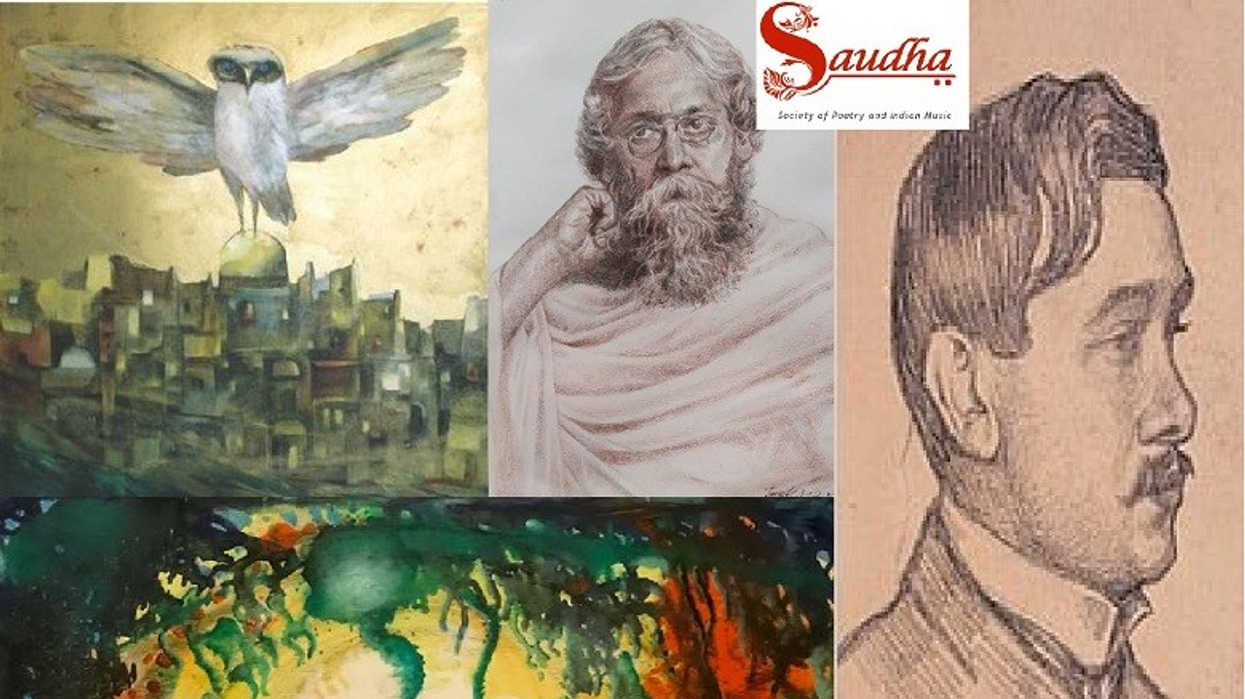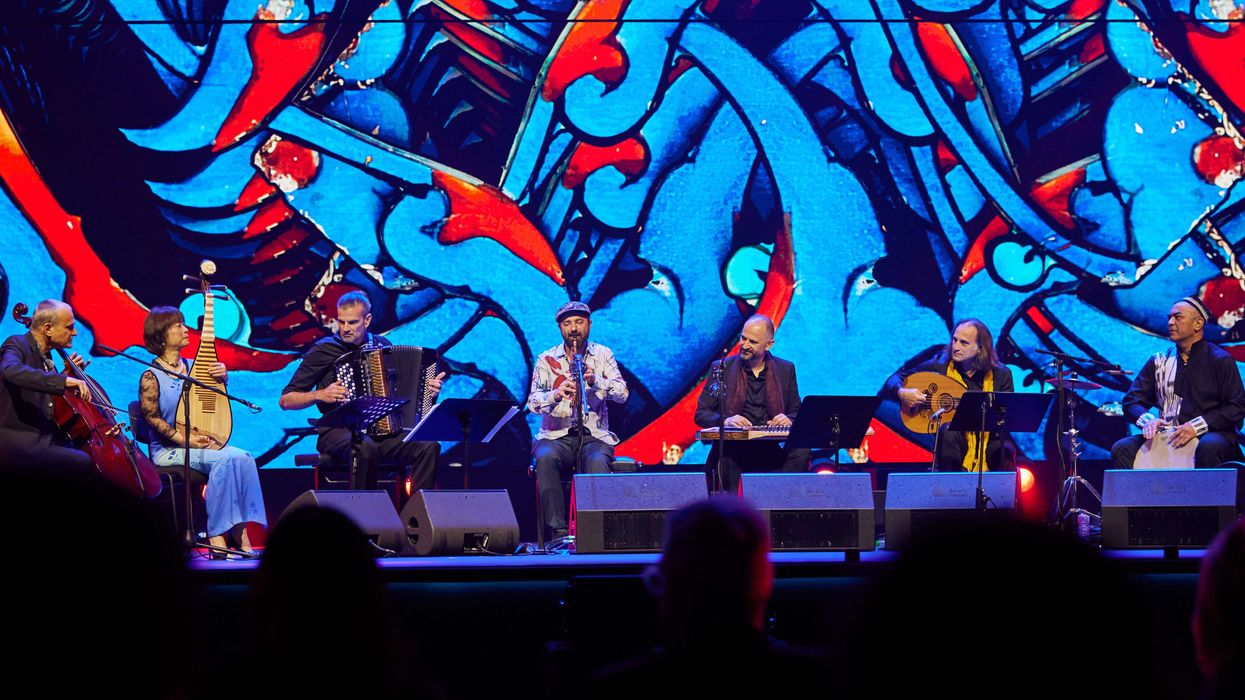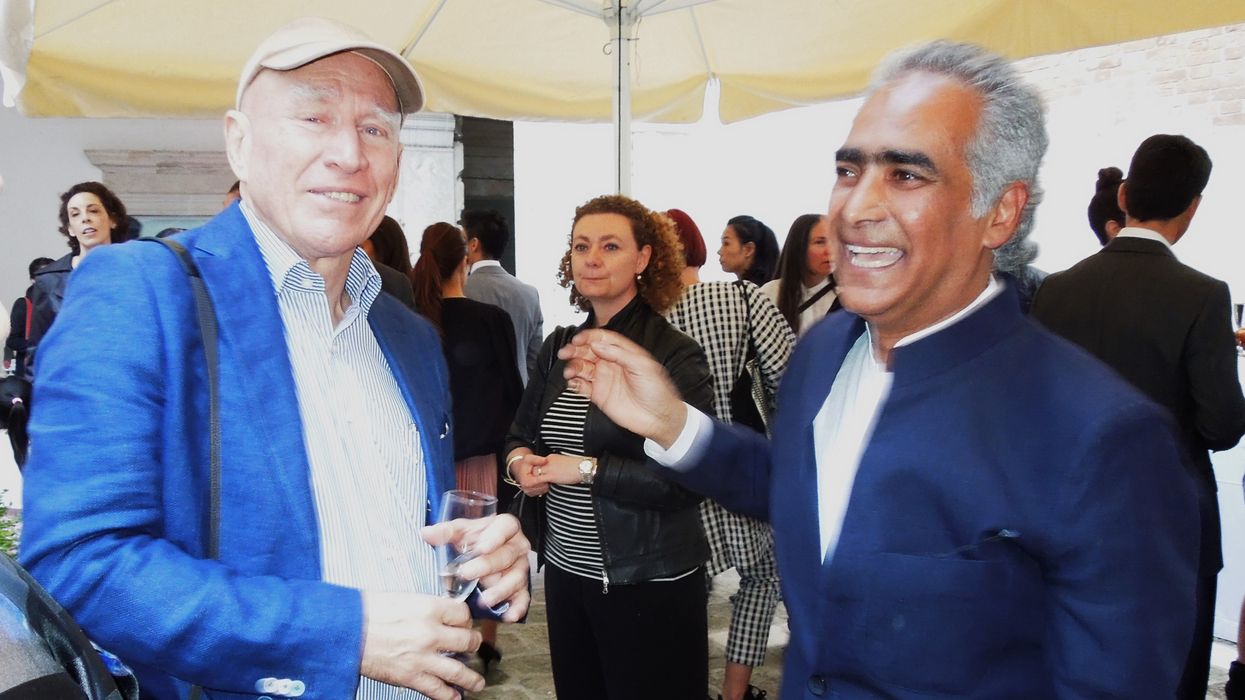Key points
- Saudha presents A Mint of Mysticism at Nehru Centre, London on 15 July 2025
- The show celebrates Nobel Laureates Rabindranath Tagore and Maurice Maeterlinck
- Live performances feature Indian classical music, spoken word, and dance
- An accompanying art exhibition will run from 14–18 July, with daily talks
- Event curated by T M Ahmed Kaysher; free to attend with registration
Tribute to literary mystics takes centre stage in London
The Nehru Centre in London will host A Mint of Mysticism Through Tagore and Maeterlinck on Tuesday, 15 July 2025 at 6 pm, a multidisciplinary performance exploring the mystic and metaphysical philosophies of two Nobel Prize-winning literary icons. Organised by the Saudha Society of Poetry and Indian Music, the event pays tribute to Rabindranath Tagore, the first non-European to win the Nobel Prize in Literature in 1913, and Maurice Maeterlinck, Belgium’s only literature laureate, awarded in 1911.
Curated by poet and director T M Ahmed Kaysher, the evening will feature performances blending Indian classical music, dance, and spoken word. Admission is free, with tickets available via Eventbrite.
Exploring the mystic worlds of Tagore and Maeterlinck
Tagore and Maeterlinck, though from vastly different backgrounds, shared a literary commitment to mysticism, symbolism, and metaphysical themes. Tagore’s Gitanjali, which earned him the Nobel Prize, is known for its spiritual verse and lyrical depth. Maeterlinck, acclaimed for his symbolist plays like The Blue Bird, wrote about the soul, destiny, and the unseen forces of life.
This event aims to draw parallels between their works, offering a philosophical exploration of their writings through the lens of music, poetry, and visual art.
Performers bring mystic poetry to life
The evening’s main performance will feature:
- Chandra Chakraborty, a renowned UK-based Hindustani classical vocalist and co-founder of Saudha, known for her emotive renditions of Tagore’s Rabindra Sangeet
- Eka, a national award-winning Ukrainian singer, songwriter and Bandura player, known for fusing Ukrainian folk with classical styles
- Shree Ganguly, a powerful performance poet
- Nazia Amin and Zafira Salam, prominent spoken-word artists
- Asmitha Keer, Sewli Bhattacharyya, and Wafi Rahman Ananna presenting classical Indian dance interpretations of mystic themes
- A group of Tagore singers from Oxford, performing choral pieces
Together, they will create an immersive sonic and visual interpretation of the mystic philosophies in the works of both writers.
Mystic-inspired visual art exhibition
Running in parallel, an art exhibition inspired by the writings of Tagore and Maeterlinck will be displayed at the Nehru Centre Gallery from Monday, 14 July to Friday, 18 July 2025.
The exhibition features 16 original works by:
- Tarek Amin, a national award-winning painter
- Bengt O. Björklund, a Swedish poet and painter
- Sonia Yasmeen, a London-based landscape artist
Each piece offers a visual interpretation of verses or ideas rooted in mysticism drawn from the authors’ work. Visitors can also attend daily curated talks, readings, and recitations in the gallery from 4 pm to 6 pm during the exhibition dates.
An artistic fusion of East and West
Through its cross-cultural performances and curated exhibitions, A Mint of Mysticism not only highlights the literary legacy of Tagore and Maeterlinck but also fosters an artistic dialogue between East and West. Organisers say the initiative hopes to engage new audiences in both philosophical reflection and artistic expression.
For free registration and more details, visit the Nehru Centre’s Eventbrite page.





